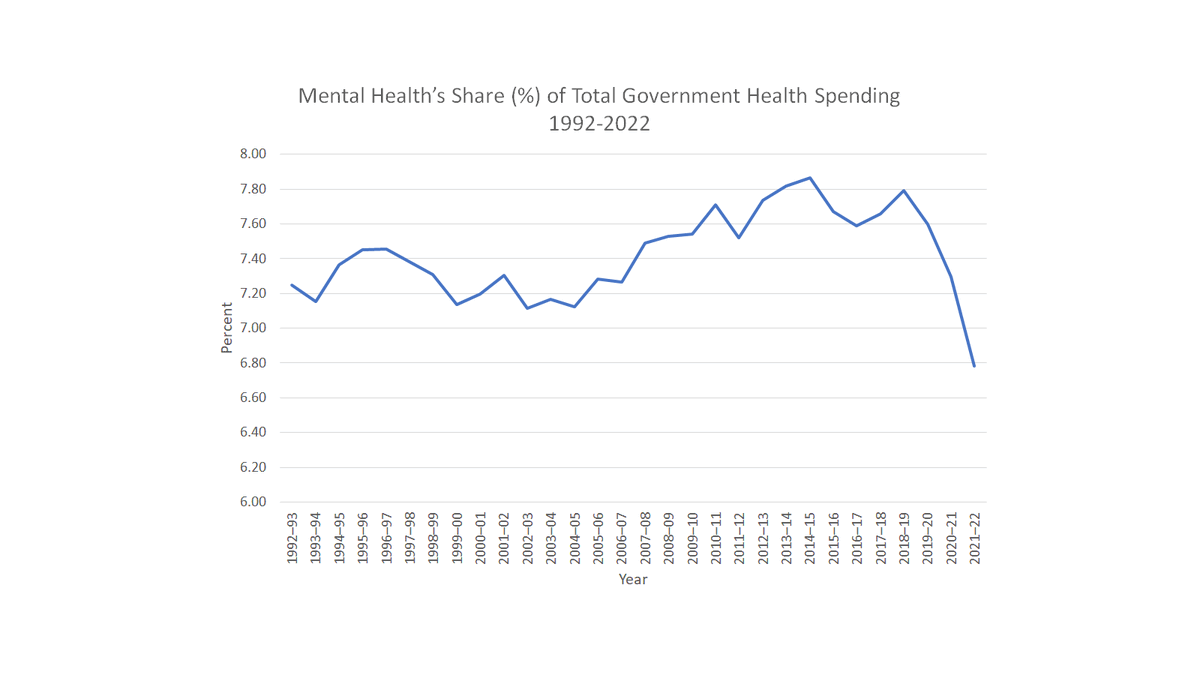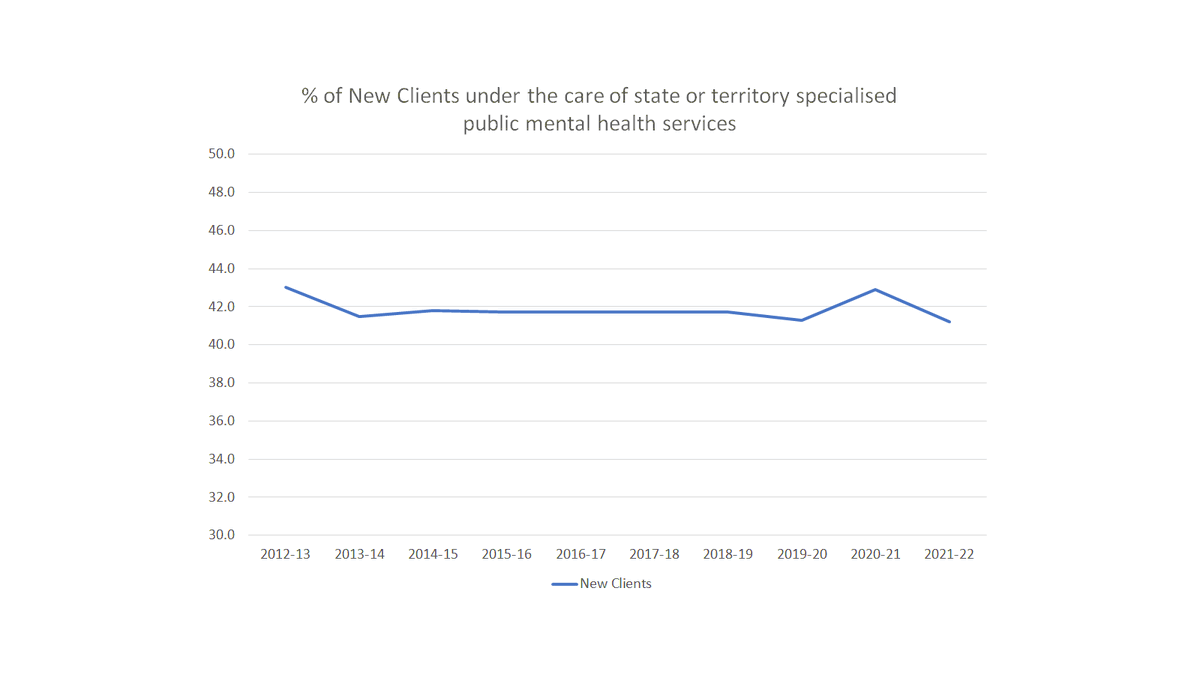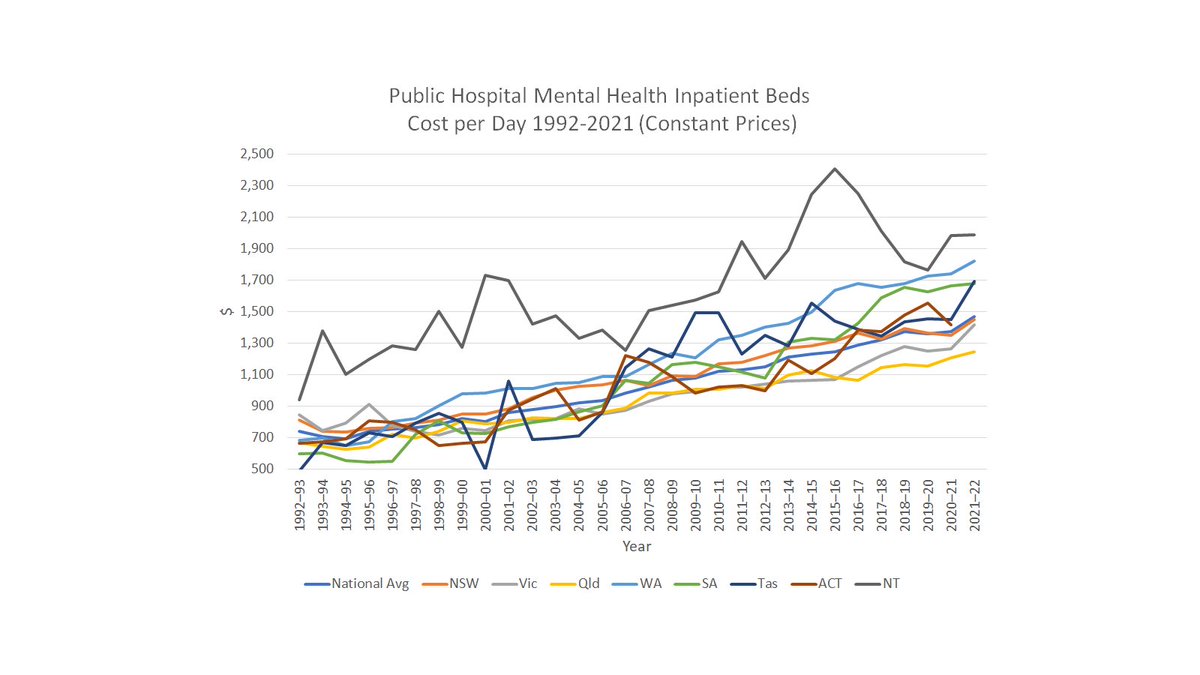
Sebastian Rosenberg
@RosenbergSeb
PhD, Senior Lecturer, Brain & Mind Centre, University of Sydney; Adj Assoc Prof UCanb
ID:1409722784
07-05-2013 08:32:55
1,3K Tweets
1,8K Followers
347 Following


Mental health commissions could achieve so much more, and here are some ways forward
By Sebastian Rosenberg & Prof Alan Rosen
croakey.org/mental-health-…
#MentalHealthReform
#Accountability
#AusPol

Following on from my article about Mental Health Commissions, here mja.com.au/journal/2024/2…, here is another, written with Prof Alan Rosen, about the way forward for commissions: croakey.org/mental-health-… Mark Butler MP QMHC Mental Health Commission of NSW Ian Hickie National Mental Health Commission



'For the first time in many years, key financial instruments of government may be the catalyst for real reform in mental health' insightplus.mja.com.au/2024/10/mental… Ian Hickie Mark Butler MP Health Research Institute Brain & Mind Centre Patrick McGorry Emma Davidson ACT ☀️

Australia's mental health commissions: evaluating a natural experiment -
onlinelibrary.wiley.com/doi/10.5694/mj…
Commissions could still play a role in driving better accountability in mental health in Australia. But if they are not equipped to do this work, what are they doing? @ianhickie








Mental health promotion and prevention key to addressing youth mental health crisis croakey.org/addressing-the… Brain & Mind Centre Ian Hickie Patrick McGorry


ROGS 2024 data also reveal that the proportion of mental health-related emergency department presentations seen within clinically recommended waiting times was 60% in 2021-22, down from 68% in 2016-17. Australia urgently need alternatives to hospital-based care. Ian Hickie

New clients in Medicare subsidised mental health services now represent just 26.1% of total service users. Down from 35.5% in 2013-14. Are people stuck in services not be working for them? This needs overhaul to avoid waste and ensure quality. Ian Hickie Mark Butler MP


Recent growth in Medicare mental health services seems to have stalled, according to AIHW data. Puts more pressure on need for workforce redesign, supported by payment system that incentivises the right care in the right places, especially the community. Ian Hickie National Mental Health Commission





